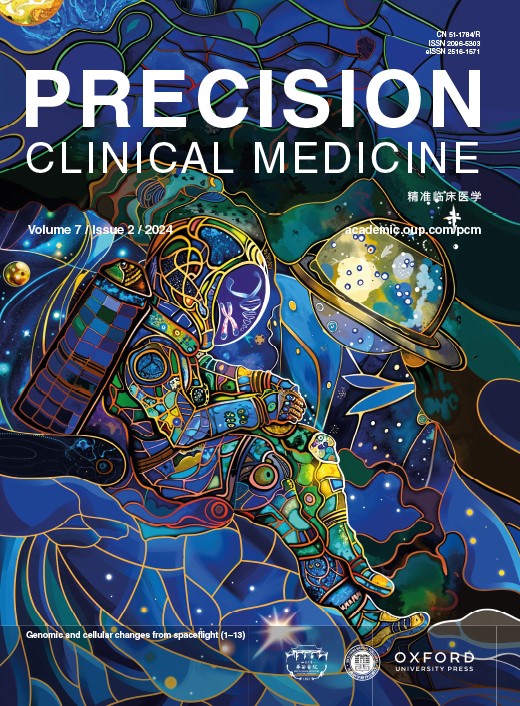深度学习在精神疾病研究中的最新进展
IF 5
4区 医学
Q1 MEDICINE, RESEARCH & EXPERIMENTAL
引用次数: 13
摘要
深度学习(DL)是最近提出的机器学习方法的一个子集,在学术界引起了广泛的关注,在视觉识别和自然语言处理等领域打破了基准记录。与传统的机器学习算法不同,深度学习能够通过层次非线性转换直接从原始数据中学习有用的表示和特征。由于其检测抽象和复杂模式的能力,DL已被用于以细微和弥漫性改变为特征的精神疾病的神经影像学研究。在这里,我们提供了一个简短的回顾,最近的进展和相关的挑战,在DL神经影像学研究应用于精神疾病。这些研究结果表明DL可以作为一种辅助精神疾病诊断的有力工具。最后,我们总结了DL在精神疾病中的应用前景和挑战,以及未来可能的研究方向。本文章由计算机程序翻译,如有差异,请以英文原文为准。
Recent advances of deep learning in psychiatric disorders
ABSTRACT Deep learning (DL) is a recently proposed subset of machine learning methods that has gained extensive attention in the academic world, breaking benchmark records in areas such as visual recognition and natural language processing. Different from conventional machine learning algorithm, DL is able to learn useful representations and features directly from raw data through hierarchical nonlinear transformations. Because of its ability to detect abstract and complex patterns, DL has been used in neuroimaging studies of psychiatric disorders, which are characterized by subtle and diffuse alterations. Here, we provide a brief review of recent advances and associated challenges in neuroimaging studies of DL applied to psychiatric disorders. The results of these studies indicate that DL could be a powerful tool in assisting the diagnosis of psychiatric diseases. We conclude our review by clarifying the main promises and challenges of DL application in psychiatric disorders, and possible directions for future research.
求助全文
通过发布文献求助,成功后即可免费获取论文全文。
去求助
来源期刊

Precision Clinical Medicine
MEDICINE, RESEARCH & EXPERIMENTAL-
CiteScore
10.80
自引率
0.00%
发文量
26
审稿时长
5 weeks
期刊介绍:
Precision Clinical Medicine (PCM) is an international, peer-reviewed, open access journal that provides timely publication of original research articles, case reports, reviews, editorials, and perspectives across the spectrum of precision medicine. The journal's mission is to deliver new theories, methods, and evidence that enhance disease diagnosis, treatment, prevention, and prognosis, thereby establishing a vital communication platform for clinicians and researchers that has the potential to transform medical practice. PCM encompasses all facets of precision medicine, which involves personalized approaches to diagnosis, treatment, and prevention, tailored to individual patients or patient subgroups based on their unique genetic, phenotypic, or psychosocial profiles. The clinical conditions addressed by the journal include a wide range of areas such as cancer, infectious diseases, inherited diseases, complex diseases, and rare diseases.
 求助内容:
求助内容: 应助结果提醒方式:
应助结果提醒方式:


